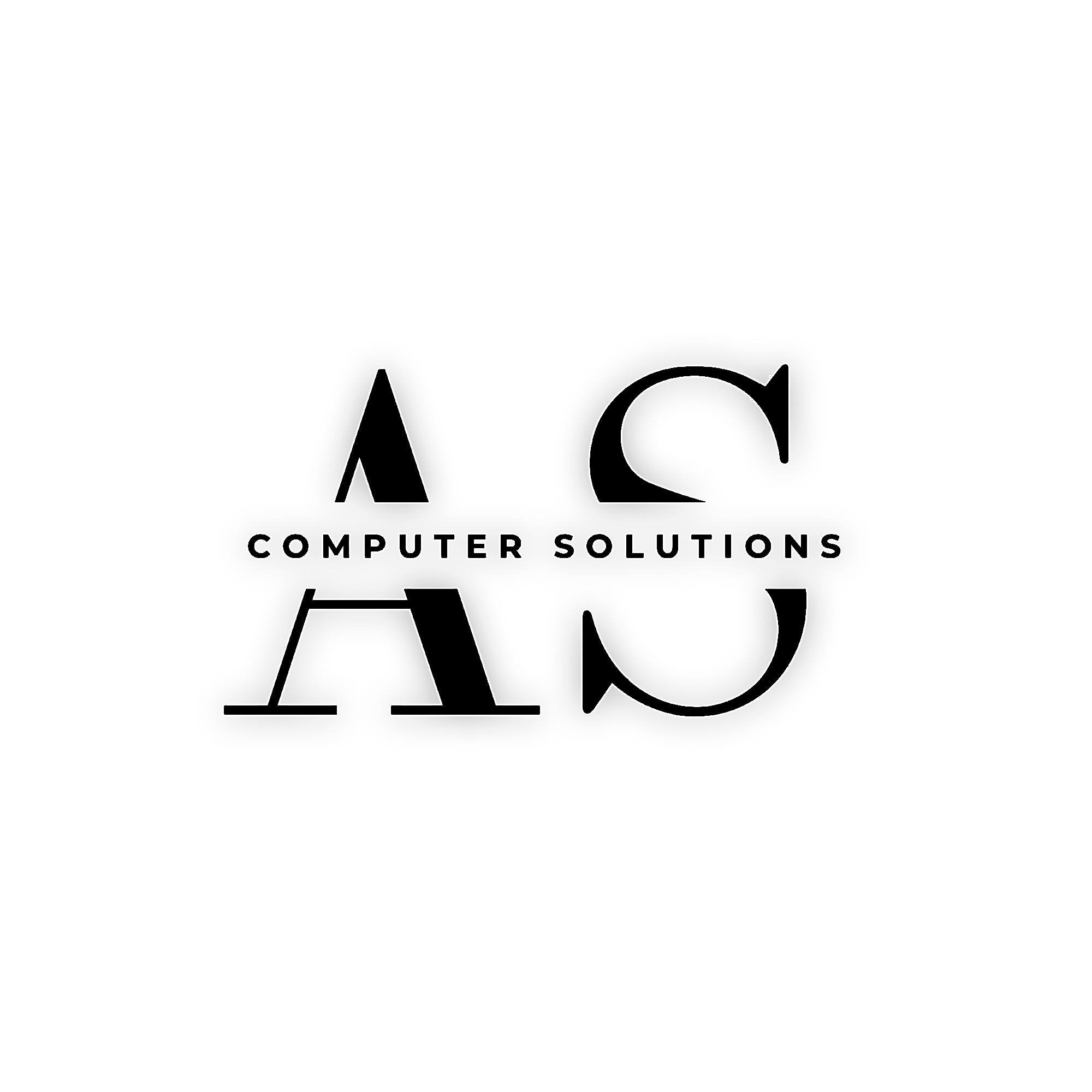Your cart is currently empty!
One of the most common questions we get at AS Computer Solutions is, “How long should my computer last?” The answer isn’t a single number. The lifespan of your PC depends on a variety of factors: the quality of the components, how you use the machine, and how well you maintain it.
While a computer can technically last for many years, its usable life is a different story. The average consumer might find their computer feels “slow” after just a few years, while a dedicated user with a well-maintained system might get a decade out of it. Understanding the lifecycle of your PC’s components can help you make smart decisions about when to upgrade, repair, or replace your machine.
✅ Part 1: The Average Lifespan of Key Components
Each component in your computer has its own expected lifespan. Knowing these can help you predict when you might run into issues.
📌 Hard Drive (HDD)
- Expected Lifespan: 3 to 5 years, with many lasting much longer.
- Why they fail: HDDs are mechanical, with spinning platters and read/write heads. They are susceptible to physical shocks and wear and tear. Signs of failure include grinding noises, freezing, and corrupted files.
- Pro Tip: Upgrading to a Solid State Drive (SSD) is one of the best ways to improve performance and reliability. SSDs have no moving parts and a much longer lifespan.
⚠️ Solid State Drive (SSD)
- Expected Lifespan: 5 to 10 years or more.
- Why they fail: SSDs fail from a finite number of write cycles. For a typical user, this is rarely an issue before they replace the computer. Signs of failure include slow performance, read-only errors, and missing files.
- Pro Tip: Don’t worry too much about the lifespan of an SSD; it will likely outlive the rest of your computer.
🔄 Laptop Battery
- Expected Lifespan: 2 to 4 years.
- Why they fail: Laptop batteries degrade over time, losing their ability to hold a full charge. This is a normal part of their lifecycle. Signs of failure include a short battery life, a battery that won’t charge to 100%, and the laptop shutting down unexpectedly.
- Pro Tip: To extend battery life, avoid keeping your laptop plugged in at 100% all the time and avoid letting it fully drain to 0% repeatedly.
⚙️ Fans & Cooling Systems
- Expected Lifespan: 3 to 7 years.
- Why they fail: Fans collect dust, which slows them down and can cause them to seize up. Over time, bearings can wear out, leading to noisy operation or complete failure. Signs of failure include a loud buzzing noise, excessive heat, and a sluggish computer.
- Pro Tip: Regular cleaning with compressed air can significantly extend the life of your fans and keep your computer running cool.
🛠️ Part 2: When Does a Computer Become “Obsolete”?
A computer doesn’t just die; it becomes obsolete. This happens when the hardware is no longer fast enough to run modern software or when it stops receiving critical security updates.
📌 The 3-Year Mark: The Performance Dip
- By the third year, you might notice your computer is slower than when you bought it. This is often due to software bloat, accumulated temporary files, and a need for more RAM to handle newer applications.
- Solution: This is the perfect time for a strategic upgrade. Adding more RAM or switching to an SSD can make your computer feel brand new for a fraction of the cost of a full replacement.
⚠️ The 5-Year Mark: The Tipping Point
- At the five-year mark, your computer may struggle with common tasks. The processor might be too slow for new applications, and the hardware may no longer support the latest operating system updates.
- Solution: This is a good time to consider a full replacement. While some upgrades might still be possible, the cost-to-benefit ratio begins to tip toward buying a new machine.
🧰 The 7+ Year Mark: The End of the Line
- After seven years, a computer is often considered vintage. It may no longer receive security patches, putting your data at risk. Hardware failures become more likely, and finding compatible replacement parts can be difficult.
- Solution: It’s time to retire the computer and replace it with a new one. Remember to safely wipe your old hard drive before recycling or selling it.
🏡 Local. Reliable. Ready to Help.
Understanding the lifecycle of your PC is the first step toward making smart maintenance and upgrade decisions. You don’t have to wait for a total failure to act.
At AS Computer Solutions, we’re here to help you get the most out of your technology. We can:
- Perform diagnostics to identify aging or failing components.
- Recommend the best and most cost-effective upgrades to extend your computer’s life.
- Handle safe and secure data transfers when it’s time to replace your machine.
Don’t let your computer slow you down. Get the right advice from a trusted local expert.
Call or visit us today: 📞 (780) 967 0215 🌐 www.site.ascsonoway.com 📍 Onoway, Alberta 📧 [email protected]


Leave a Reply